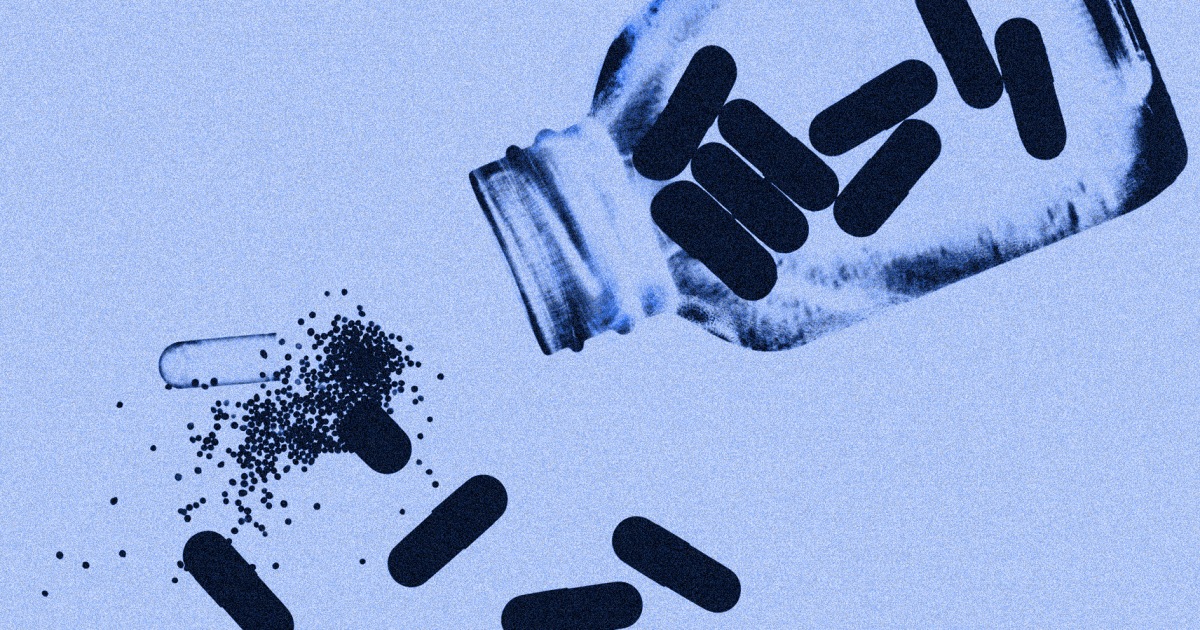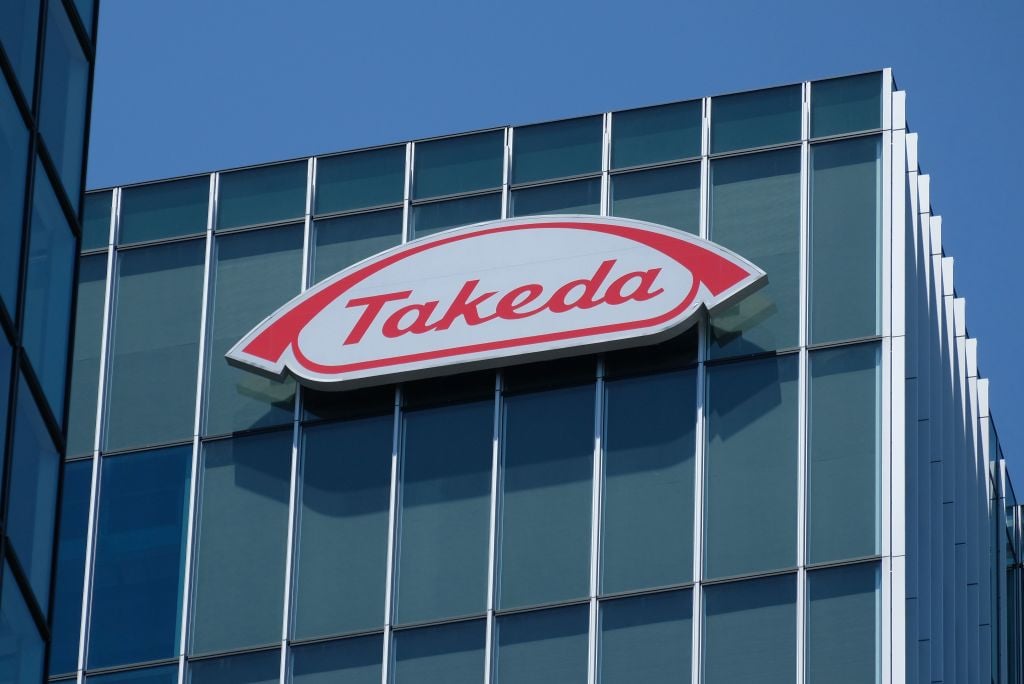Quality of Life and the Adderall Shortage

Access to medication and medical care should be considered a universal right.
Somehow, even today, that remains a controversial statement in the minds of a stubborn minority. There will always be people who want to argue against their own best interests, especially if they can blend it into the classic 'temporarily embarrassed millionaire' type of spiel.
The for-profit healthcare model in the United States has nightmarish consequences for so many people, leaving millions of people struggling with an unshiftable burden of debt.
That's assuming they're even able to get the care they need in the first place. I know plenty of Americans who will put off going to the hospital or clinic for as long as they can, even when they're afraid something might be seriously wrong. They just can't afford to spend hundreds of dollars to be told that everything is fine.
They gamble with their own lives, hoping for their good run at the Roulette table to last.
But beyond the lack of access to healthcare, there's an insidious domino effect that can occur when related industries take a hit. This is exemplified by a current crisis that's altering the lives of hundreds of thousands of people across North America right now.
For quite a while now, there has been a steadily worsening shortage of drugs used to treat ADHD and related disorders. This includes prescription drugs such as Adderall and Ritalin.

During the Pandemic, issues with the supply chain and understaffing in the manufacturing sector butted up against the precipitous rise of diagnoses of neurodivergent disorders.
The combination of increased demand and difficulties in production created a perfect storm. The problem is exacerbated by the fact that these drugs are often misused due to their similarity with other stimulants.

For the past year or so, there has been enough of a shortage that it has been categorized as a major public health crisis. And that, frankly, is putting it mildly.
In multiple countries, the shortage has forced new procedures for prescriptions. In the UK, for the most part, newly diagnosed sufferers of Attention Deficit Hyperactivity Disorder are being refused prescriptions until the supply chain issues are resolved.
Around the world, people who have had prescriptions for a number of years and have shown to be reliant on the drugs for quality of life are being prioritized, and the limited inventory is being rationed as much as possible.
The shortage began with Adderall, but as more and more people were shifted onto other forms of medication to tide them over, the volume of production for those other drugs has not been enough.
Part of the problem is that the private pharmaceutical companies own the patents to produce the effective drugs. Commonly prescribed drugs, like Vyvanse, are owned by major corporations like Takeda.
As long as those patents are in effect, only the corporations that hold the patents can legally produce the drug. When they run into problems, it's tough luck for everybody who needs them.
In the case of Vyvanse and Takeda, the patent on the drug formula has actually run out this year. This has opened the way for the FDA to green light the production of generic copycats by multiple other companies, which is supposed to help ease the burden a little bit in the future.

But the copycats are not yet being produced in enough volume to fill the gaps. And while they're probably going to be a lot cheapter than the branded version, they're still going to be costly.
Now, just about every kind of medication for the disorder is in short supply, and the consequences can be horrible.
For children with ADHD, not having access to the proper medication has a severe impact on their health and mental wellbeing. Their ability to learn and manage school can be severely impacted, they can develop difficulty in socializing and managing their emotions.
They can struggle with mental health, both due to anxiety and stress, and also due to the withdrawal symptoms that come along with detoxing from these medications.
Adults have the same problems. Lack of access to their prescriptions can be a major safety issue, especially when you consider the simple day to day tasks that many of us take for granted.
Difficulty focusing whilst driving a car or operating heavy machinery can put lives at risk, and executive functioning issues that are common with neurodivergent disorders can make simple tasks feel impossible.
Just keeping your home clean and tidy can be a struggle for us. Yes, 'us'- I'm not on medication, but I am neurodivergent, and I fully understand how one's brain can overheat while trying to work through those basic tasks. Autism and ADHD share a similarity in that regard.
A member of my household does require these medications, though. They make a massive difference in this person's life, to the point where they nearly did a 180 in stress and focus levels as soon as they began taking them.
Their mental health is better, they're able to manage stress so much better, and they're much less overwhelmed by life in general.
The drugs save lives. And, as I mentioned before, the withdrawal symptoms when you run out can be really nasty.
When you suddenly stop taking medication for ADHD, you can experience several side effects as it runs out of your system. Fatigue, insomnia, dysphoria and mood swings, nausea and ravenous hunger are only a few.
Some people struggle to stay awake, while suffering from very bizarre and vivid dreams while their brain chemistry struggles to adjust. Coming off of any longterm medication can be rough, but drugs that correct brain dysfunction are especially awful to quit.
This shortage is deeply troubling, and it will have a ripple effect on the quality of life and wellbeing of so many people, both children and adults.
Access to medication and healthcare shouldn't depend on a for-profit industry. Having the basic necessities of life locked behind a paywall only ensures that the poorest among us are left struggling when they shouldn't have to.
When access to patented medication depends on the manufacturing capabilities of only a few pharmaceutical corporations, is it any wonder that things like this keep happening?
The people of the United States deserve better than to be held hostage by this system. The people in the rest of the world deserve better, too.
Solidarity wins.








Member discussion